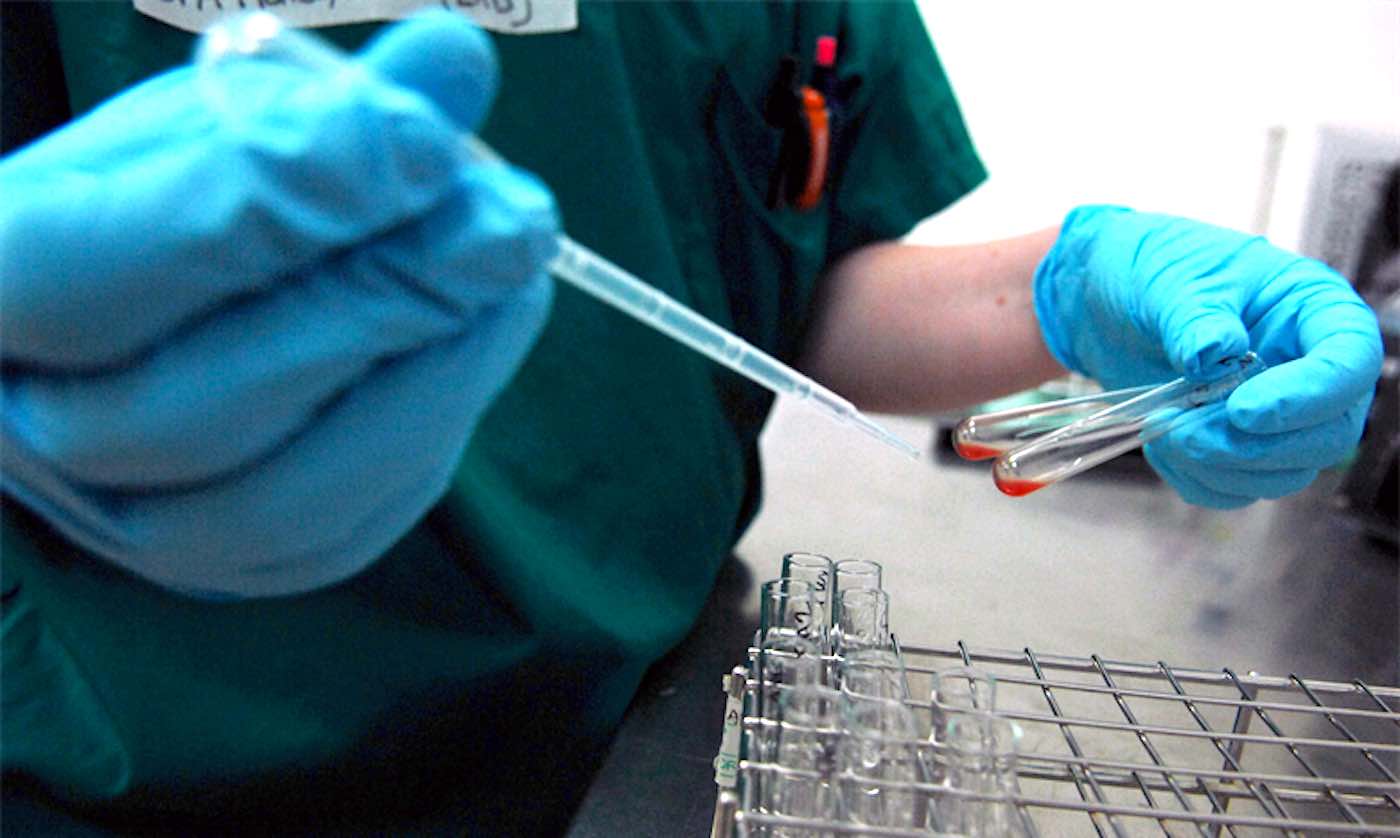
This is excellent news. We have a DNA based assay technique that can detect cancers at respectable level of accuracy. I also suggest that test repetition will likely improve discovery as well. I do not know if specificity is completely possible but that may be a real bonus because many cancers trigger satellites as well that often elude detection.
What we do know is that such a diagnosis is necessary for most folks to get their act together and to make the life changes necessary to save their lives.
Now we need to discover how to deliver this tech at cost effective level that allows folks to access it all. Obviously though, i would insist that health insurance pay for it all as a condition for insuring a customer.
.
.
New Blood Test Can Detect Dozens of Different Cancers With 99.4% Accuracy
- Sep 30, 2019
https://www.goodnewsnetwork.org/blood-test-detects-dozens-of-cancers-with-99-percent-accuracy/
A new series of tests is now showing that this exciting blood test
can screen for numerous types of cancer with a stunningly high degree of
accuracy.
The test, developed by GRAIL, Inc., uses next-generation sequencing
technology to probe DNA for tiny chemical tags (methylation) that
influence whether genes are active or inactive.
When researchers from the Dana-Farber Cancer Institute applied the
test to nearly 3,600 blood samples—some from patients with cancer, some
from people who had not been diagnosed with cancer at the time of the
blood draw—the test successfully picked up a cancer signal from the
cancer patient samples, and correctly identified the tissue from where
the cancer began (the tissue of origin).
The test’s specificity—its ability to return a positive
result only when cancer is actually present—was high, as was its ability
to pinpoint the organ or tissue of origin, researchers found.
The new test looks for DNA, which cancer cells shed into the
bloodstream when they die. In contrast to “liquid biopsies,” which
detect genetic mutations or other cancer-related alterations in DNA, the
technology focuses on modifications to DNA known as methyl groups.
Methyl groups are chemical units that can be attached to DNA, in a
process called methylation, to control which genes are “on” and which
are “off.” Abnormal patterns of methylation turn out to be, in many
cases, more indicative of cancer—and cancer type—than mutations are. The
new test zeroes in on portions of the genome where abnormal methylation
patterns are found in cancer cells.
“Our previous work indicated that methylation-based assays outperform
traditional DNA-sequencing approaches to detecting multiple forms of
cancer in blood samples,” said the study’s lead author, Geoffrey Oxnard
of Dana-Farber. “The results of the new study demonstrate that such
assays are a feasible way of screening people for cancer.”
In the study, investigators analyzed cell-free DNA (DNA that had once
been confined to cells but had entered the bloodstream upon the cells’
death) in 3,583 blood samples, including 1,530 from patients diagnosed
with cancer and 2,053 from people without cancer. The patient samples
comprised more than 20 types of cancer, including hormone
receptor-negative breast, colorectal, esophageal, gallbladder, gastric,
head and neck, lung, lymphoid leukemia, multiple myeloma, ovarian, and
pancreatic cancer.
The overall specificity was 99.4%, meaning only 0.6% of the results incorrectly indicated that cancer was present.
Furthermore, the sensitivity of the assay for detecting pre-specified
high mortality cancers (the percent of blood samples from these
patients that tested positive for cancer) was 76%. Within this group,
the sensitivity was 32% for patients with stage I cancer; 76% for those
with stage II; 85% for stage III; and 93% for stage IV. Sensitivity
across all cancer types was 55%, with similar increases in detection by
stage. For the 97% of samples that returned a tissue of origin result,
the test correctly identified the organ or tissue of origin in 89% of
cases.
Detecting even a modest percent of common cancers early could
translate into many patients who may be able to receive more effective
treatment if the test were in wide use, Oxnard remarked.
Dana-Farber investigators presented the results of the multi-center
trial during a session at the European Society for Medical Oncology
(ESMO) 2019 Congress earlier this week.
Reprinted from the Dana-Farber Cancer Institute
No comments:
Post a Comment